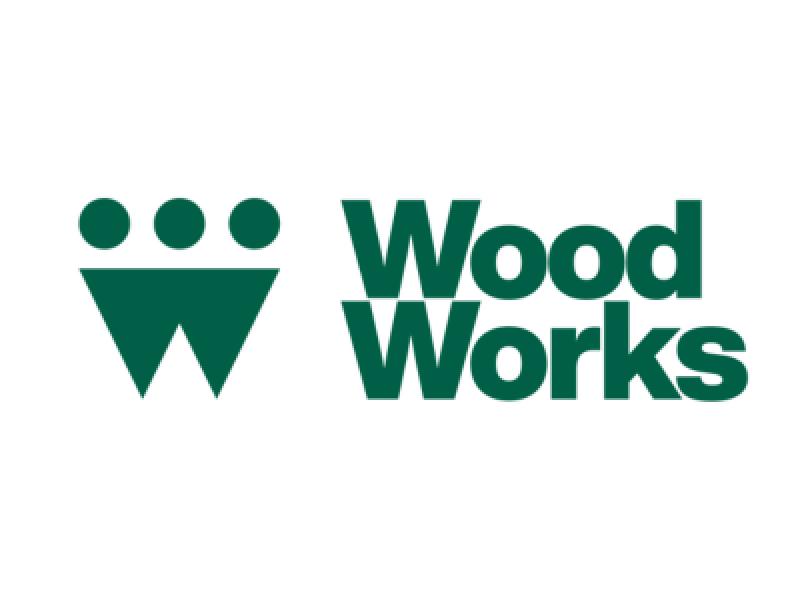
Approval of the TMX pipeline project by the federal government will not have any major, or immediate, impact on downtown Calgary’s office market, local observers say. (Google Maps image)
Approval of the Trans Mountain pipeline expansion project was celebrated in some quarters of Alberta last week, but the commercial real estate industry isn’t popping the corks on champagne. Turning around the beleaguered downtown Calgary office market will take more than just an announcement.
As real estate experts point out, questions remain about the timing of the expansion, and completion of the existing Trans Mountain pipeline on the West Coast. Supporters say completion of the project will help enable Alberta to export its oil to markets outside the U.S.
The bad news for the oil industry is that Canada’s Senate also passed two less encouraging bills. Bill C-69 changes Canada’s environmental assessment process; Bill C-48 bans tanker traffic from a stretch of B.C.’s north coast. Experts say these regulations would again cripple the oilpatch.
“I think the Trans Mountain decision will have zero impact (on the downtown office market) until the pipeline is actually built,” said Greg Kwong, regional managing director of CBRE in Calgary. “If you look at the jobs they’re touting, and what they’re going to create, they’re all out in the field – the people who are actually building the pipeline.
“As far as absorption of office space, I don’t see anyone really hiring as a result of that announcement because it was tempered by the passing of the Bill C-69 and C-48 which could effectively kill the effect of the TMX pipeline expansion.”
Action needed before improvement happens
Kwong told RENX the Trans Mountain decision is definitely better than a “no” for the pipeline itself. That’s positive news. So too for the business community was the election in the spring of a new provincial government under Premier Jason Kenney. Many are also waiting now for the results of the federal election in October.
“It’s a journey of a thousand miles and every journey like that begins with one step. So the approval of the TMX is one step,” he said.
When oil prices collapsed at the end of 2014, that sent the Alberta and Calgary economies into recession in both 2015 and 2016. Thousands of layoffs followed in downtown corporate Calgary where the heart of the oilpatch resides, leading to a plethora of empty office space.
The downtown vacancy rate hit historic highs in the range of 30 per cent.
The economy has returned to positive territory, but it is a very slow, cautious and challenging recovery. Questions remain about Alberta’s ability to export its oil to other markets. That has led to decreased investment in the oilpatch, continued challenges in the labour market, and downtown office vacancies close to the mid-20-per-cent range.
“Cautious” mood for Calgary
Todd Throndson, managing director and principal of Avison Young in Calgary, said the city’s downtown office market will be impacted in a positive way if the Trans Mountain project does move forward. However, many questions remain.
“My read of it is that companies in Calgary are still going to be quite cautious even though it’s been announced which is a good first step,” Throndson said. “They’re going to wait to see exactly how this plays out.
“But, I think once we get to the point where construction starts and people can see the time frame for when it’s going to be done, I do think there will be some modest impact on the marketplace.
“I think a lot of companies in Calgary are still waiting to see what happens in October with the (federal) election and trying to understand and determine what that means because with Bill C-69 and Bill C-48 having passed, what impact are those going to have?”
Throndson said preliminary market numbers show about 450,000 square feet of positive downtown Calgary office in Q2 2019. Some of that is from suburban tenants moving downtown, but vacancy still hovers around 23-24 per cent.
“We don’t foresee there to be much material change in the downtown office market vacancy, or the overall Calgary office vacancy number moving forward for some time,” Throndson predicted.
WeWork taking downtown office space
Recently, WeWork, which provides shared work spaces, announced it is expanding into Calgary with one location opening later this year and another in early 2020.
The first will be at The Edison, at 150 9th Ave. S.W. It will include five floors comprising 76,000 square feet and 1,300 desks. The second location will open in Q1 2020 at Stephen Avenue Place at 700 2nd St. S.W., with five floors, 66,000 square feet and 1,260 desks.
Greg Guatto, president and chief executive officer of Aspen Properties which owns several office buildings in Calgary’s core including The Edison, said Calgary has been a bit of a no-fly zone for many investors and lenders for some time.
Trans Mountain approval eliminates some uncertainty, but he doesn’t think investors or lenders will suddenly return to Calgary until it actually happens. They will also be looking for investment returning to the energy sector and ancillary effects of the pipeline.
“I believe there’s investors and lenders that still believe strongly, and most do, in Calgary long-term. But it’s just when are we going to start seeing some economic growth?
“This is one of those big signals that everybody’s watching because investment dollars could start to come back to businesses in our city as a result of this. But, everyone’s still hedging,” Guatto explained.
City needs “shovel in the ground”
David Wallach, president and broker of Barclay Street Real Estate, said the immediate impact will be a more positive feeling about Alberta and Calgary.
“However if we don’t see a shovel in the ground sooner rather than later, the positive mood will evaporate,” Wallach said. “When it comes to downtown Calgary office space, it may move the needle a little bit, but it will not solve the 25-per-cent vacancy we have now.
“All will depend on execution of pipeline construction – whether it will be built and when. If the government will start playing the delay game as a result of the coming federal election, we will see a very minimal impact.
“If the current federal government . . . executes on their own decisions we will see a slow and steady growth in activity. We have to prove to Canadian investors first that investing in our own country is the right thing to do. This can be done by performance.
“Once investors realize it is a safe bet to invest in Alberta, we will see continued growth.”
RELATED STORIES:
* Royop launches 60-acre Calgary Township development
* Slate signs Golder to lease at Calgary’s Stephen Avenue Place







